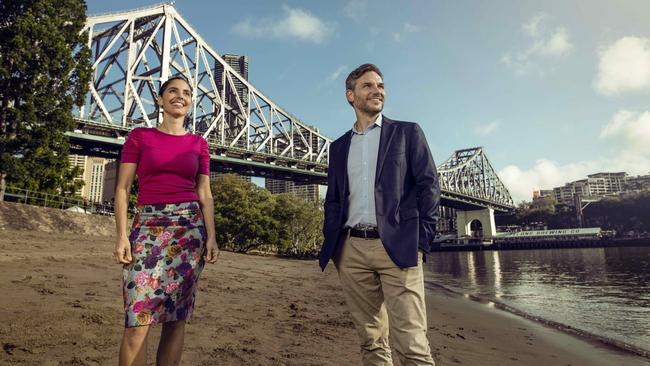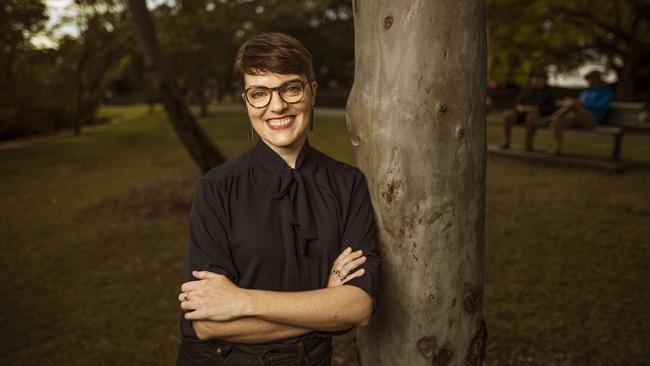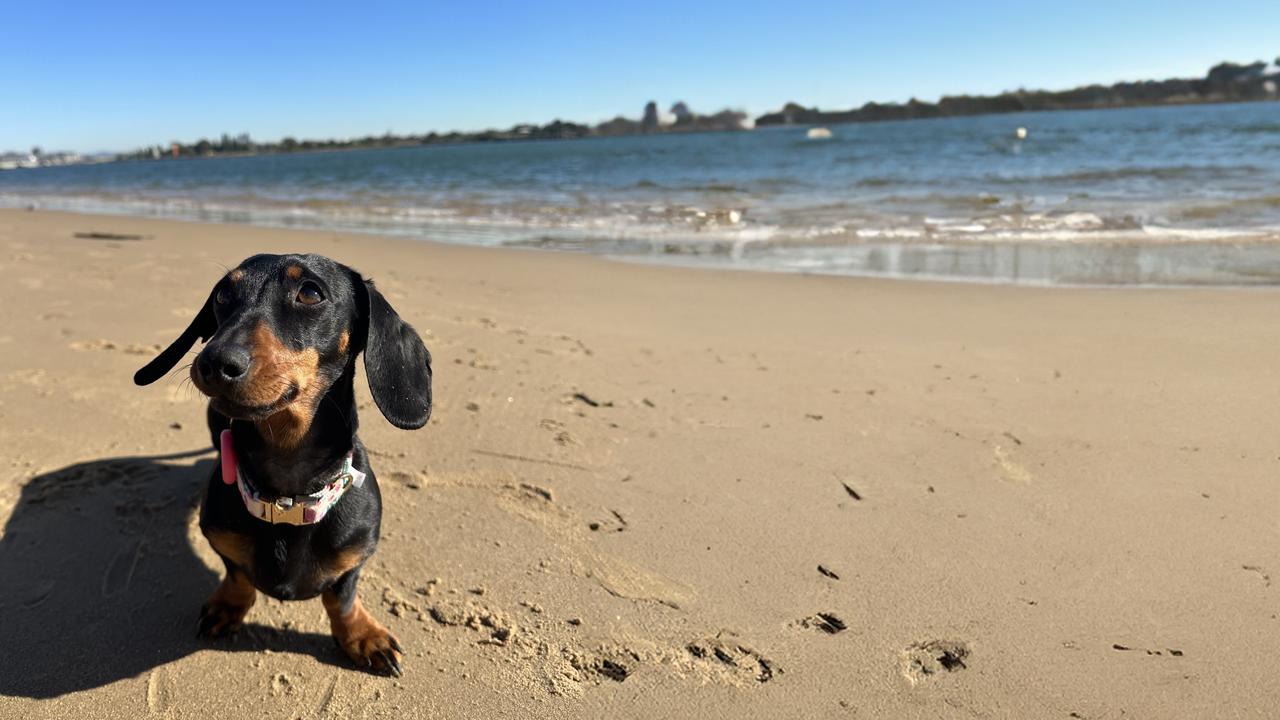QLD election: big-taxing Greens want balance of power
The Greens are on the rise in Queensland and could hold the balance of power after the October 31 state election.

The Greens are on the rise in Queensland and could hold the balance of power after the October 31 state election, pushing for a dramatic increase in taxes paid by mining companies, property developers and big banks to fund essential services.
Backed by more than 500 volunteers, the minor party ramped up its ground campaign on Saturday, knocking on 5152 doors, hand-delivering more than 30,000 letters and ringing 4214 voters in seven inner-Brisbane target seats.
While the major parties say a vote for the Greens will badly damage the already struggling economy in the resources-rich state, Greens strategists say internal data and published polling are bolstering hopes the party will triple its held seats to three.
The latest Newspoll, published in The Australian, pointed to an election result that would be too close to call, with the LNP narrowly leading Labor after preferences, predicting the likelihood of a hung parliament.
The Greens have increased their primary vote to 12 per cent, compared with 10 per cent at the 2017 election. The party’s internal data suggests they are ahead in at least three seats: Maiwar, held by Greens MP Michael Berkman, Labor’s McConnel, held by Education Minister Grace Grace and to be contested by Greens candidate Kirsten Lovejoy, and former Labor deputy premier Jackie Trad’s seat of South Brisbane, where the Greens are running Amy MacMahon.

At the recent Brisbane City Council elections, Greens councillor Jonathan Sri had a massive 18 per cent swing to him, and the Greens finished second ahead of Labor in four other wards.
Unofficial Labor analysis, circulated among senior ALP MPs, shows the Greens competitive in the Labor city seats of Greenslopes, McConnel and South Brisbane, although some senior Labor strategists say the Greens have “no chance” of holding the balance of power and “always talk themselves up”.
Environmental lawyer Mr Berkman was the first Greens candidate to win a state seat at the 2017 election, knocking the LNP out of Maiwar, in the city’s inner west. He said the party was “increasingly confident” of holding his seat and winning South Brisbane and McConnel.
The LNP’s decision to preference the Greens ahead of Labor in South Brisbane — in an effort to oust Ms Trad — could hand the seat to the Greens.
“For us, holding the balance of power, with the decline in major party support … in some ways it’s not really just a possibility, it’s an inevitability at some point,” Mr Berkman said.
“This election is an opportunity to transform Queensland politics in favour of ordinary people; I’d like to see a state government that reverses privatisation and fully funds health and education, (by) making mining companies, big banks and developers pay their fair share.”
The Greens’ policy platform includes returning all electricity retail to public ownership, transitioning away from coal to renewable energy, and significantly increasing mining royalties, including more than doubling the royalty rate for coal exports.
The party wants to legalise voluntary assisted dying, introduce a levy on big banks, and tax developers 75 per cent on increases in land value due to rezoning.
Treasurer Cameron Dick said the Greens’ royalties policy would put thousands of jobs at risk and would “damage Queensland’s hard-earned reputation” as an investment destination.
LNP leader Deb Frecklington said a “Labor-Greens alliance would mean more taxes and less jobs”. she was confident the LNP would win back Maiwar.




To join the conversation, please log in. Don't have an account? Register
Join the conversation, you are commenting as Logout